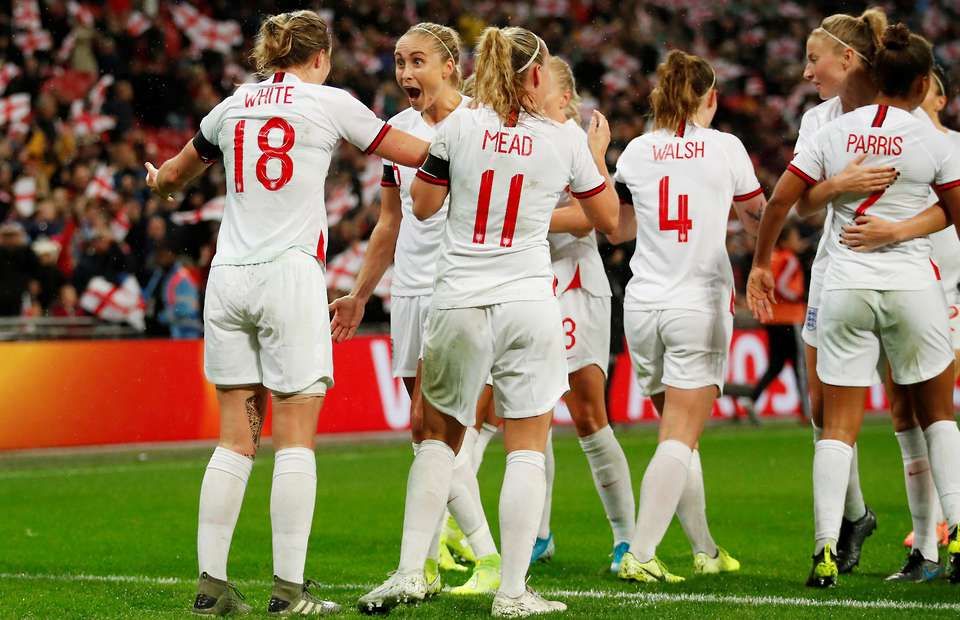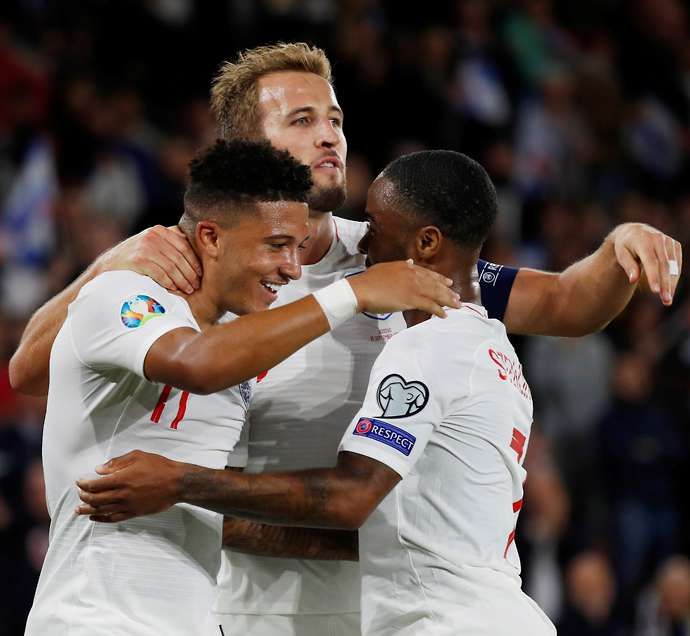The Football Association has announced that its male and female players have been receiving the same payment for matches, including bonuses, since January of this year.
A statement read, as per Sky Sports: "The FA pays its women's players exactly the same as their male counterparts for representing England, both in terms of match fees and match bonuses."
It comes after Wednesday's announcement by the Brazilian Football Confederation that its men's and women's team would be paid the same.
This puts England into a select group of nations, alongside Brazil, Australia, Norway and New Zealand, who have equal pay policies for their national teams.
The Women's Super League in the United Kingdom has seen significant growth in recent years, and there are hopes it could become the top women's league in the world, following a number of high-profile arrivals, such as Rose Lavelle and Pernille Harder.
"It's going to be fantastic to see top English players play alongside the likes of Rose Lavelle, one of the best players in the world," said Simmons, as per Sky Sports News.
"It's a real statement for where the Women's Super League is, it's regarded as one of the best if not the best league in the world. That is our ambition."
While the move by national teams is essential towards equality in sport, it will likely be some time before equal pay is realised on a domestic level, given the difference in coverage between the two.
Disputes over equal pay reached a boiling point last year, when the United States Women's National Team took the United States Soccer Federation to court over damages up to £53 million, under the equal pay act.
The case was dismissed by a judge, but the USWMNT appealed the decision earlier this year.
The women's team stands on solid grounds for equal pay, given the disparity in the performances of the two.
The women's team are four-time World Champions, whereas the best performance by the men's team at a World Cup is third - at the 1930 edition.





















